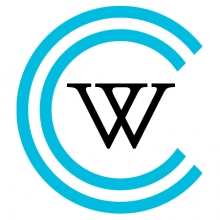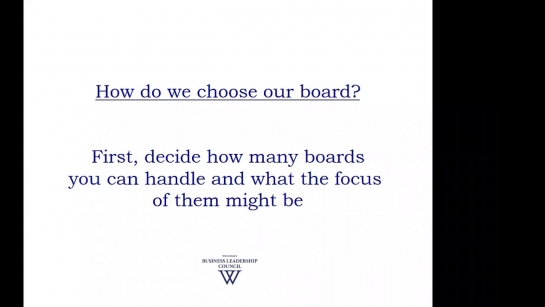CV (curriculum vitae) Guidelines

Your CV or curriculum vitae is similar to your resume. It clearly represents your current and past experiences and accomplishments so that your reader can understand the unique value that you bring to a job/internship/academic program. A few important differences to keep in mind about your CV are outlined in this document, along with helpful tips for format and content.
How to Write Effective Resume Bullets

Writing resume bullets is often the most challenging aspect of writing a resume. Yes, settling on the best design and format and determining the most relevant experiences to highlight on your resume can take time; however, effectively describing your experience is the most important task. In many ways, this is because your bullets provide the majority of the content and context for your resume, and it is the content of a resume (i.e. the resume bullets) that will distinguish an average resume from a competitive one.
Crafting Your Pitch

A pitch is brief — think 30 seconds — and gives a quick glimpse into your background, highlights your strengths and value, clearly outlines your goals and serves to develop a relationship with your audience. A pitch sums up your unique promise of value and gives the audience a clear understanding of your motivations and goals.
Introduction to Networking

For some, the idea of networking is exciting. For others, the mere mention of the word can be anxiety provoking. In either case, it is important to know:
- Why networking is important to your lifelong career success
- What networking actually is, and what it is not
- Where you can effectively network
- Skills and strategies for networking




